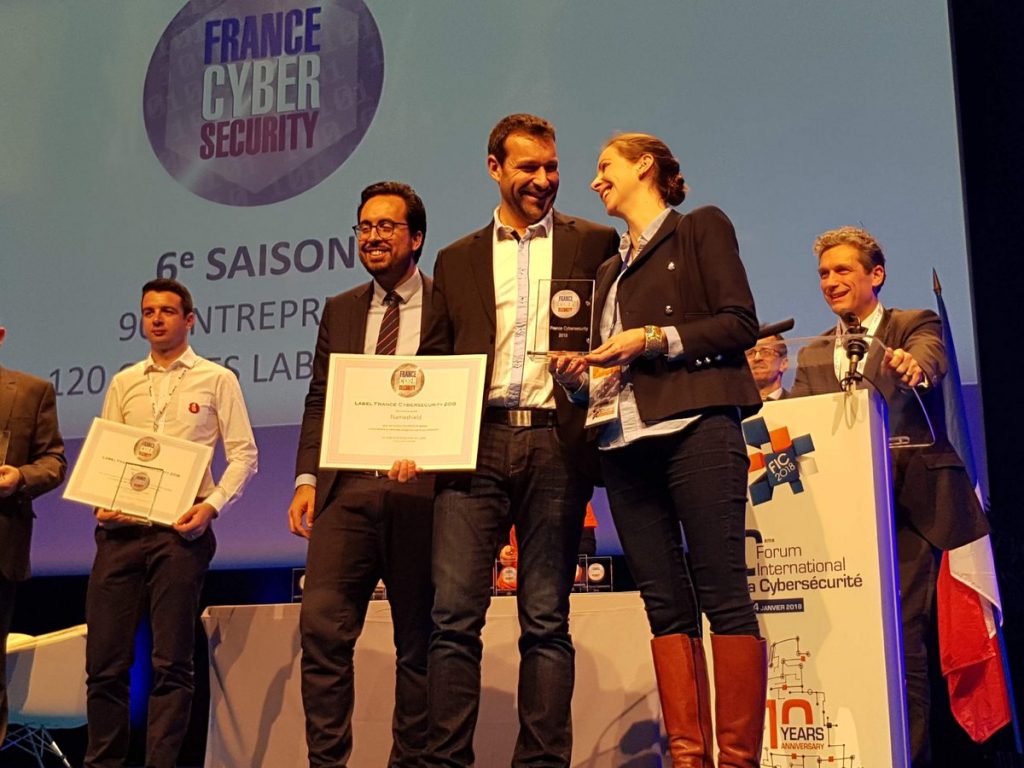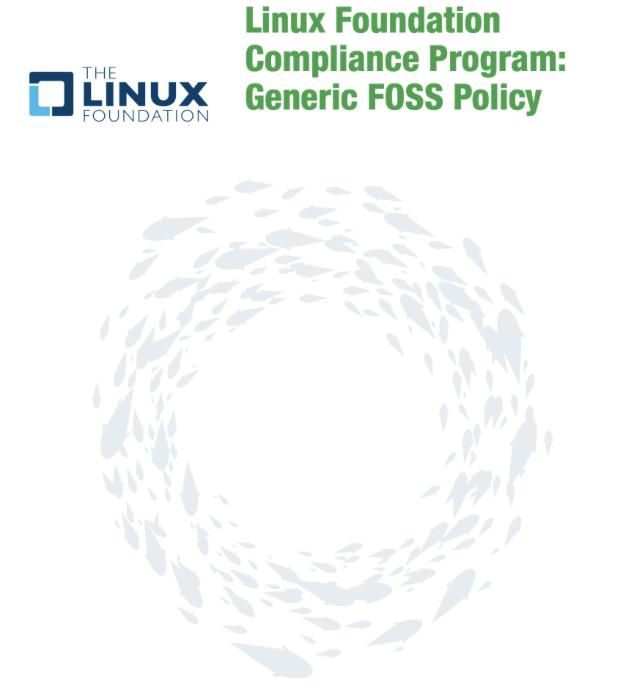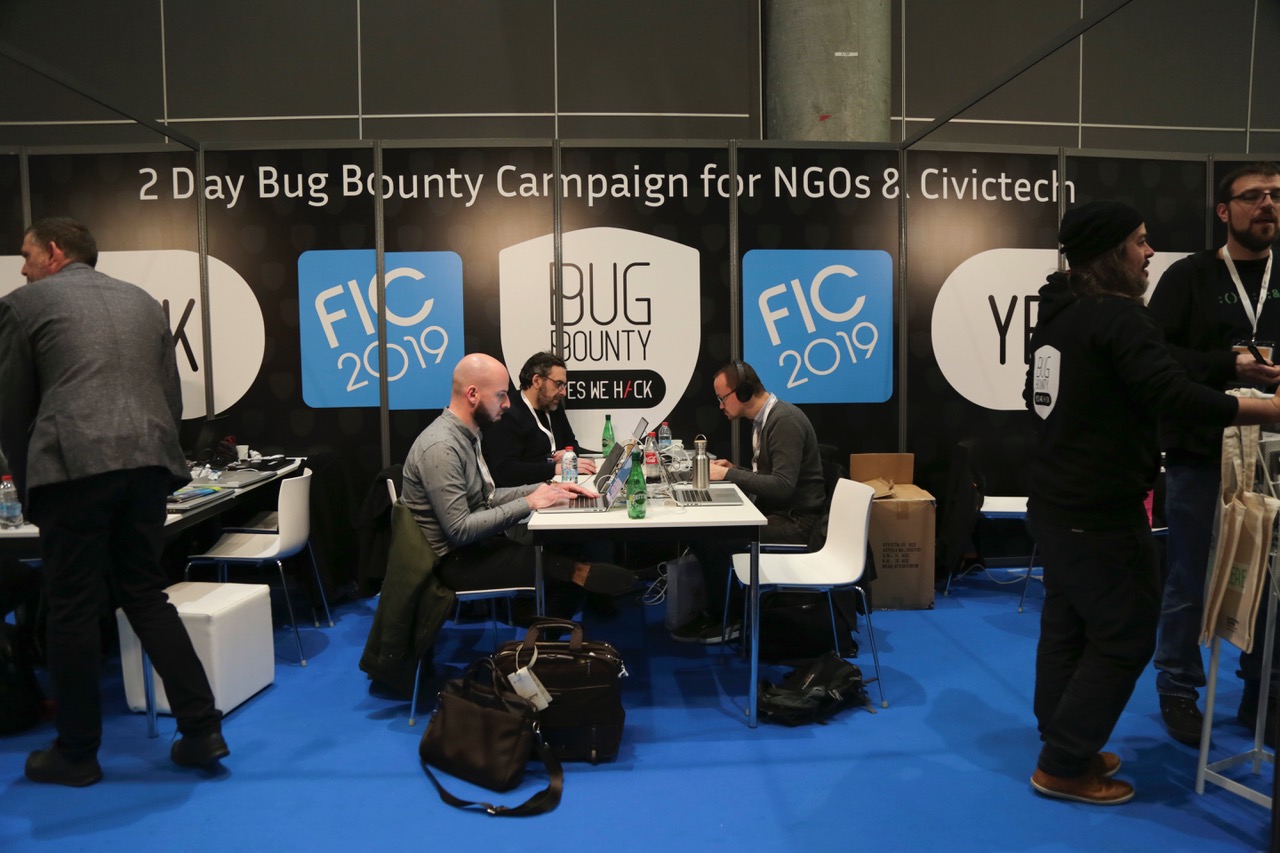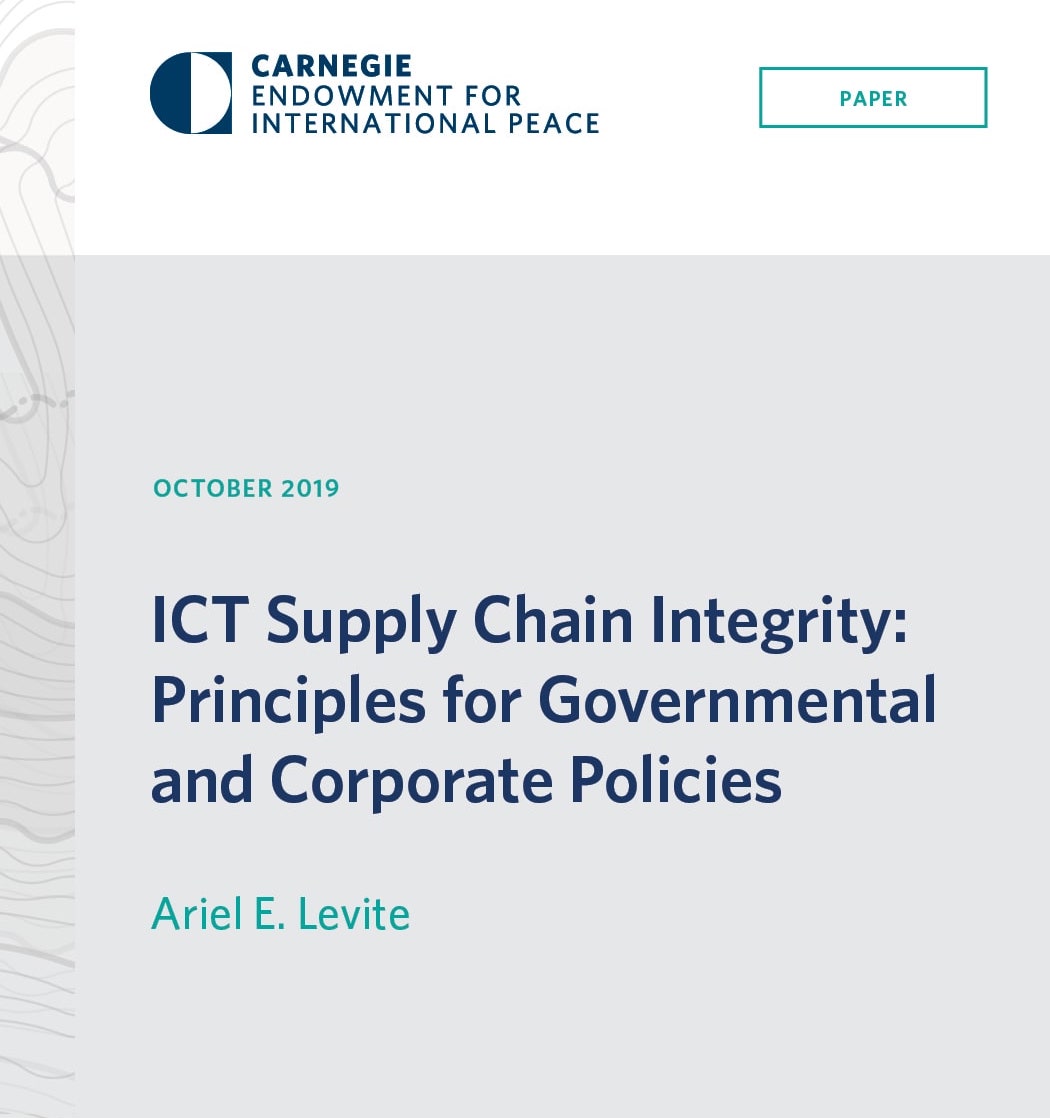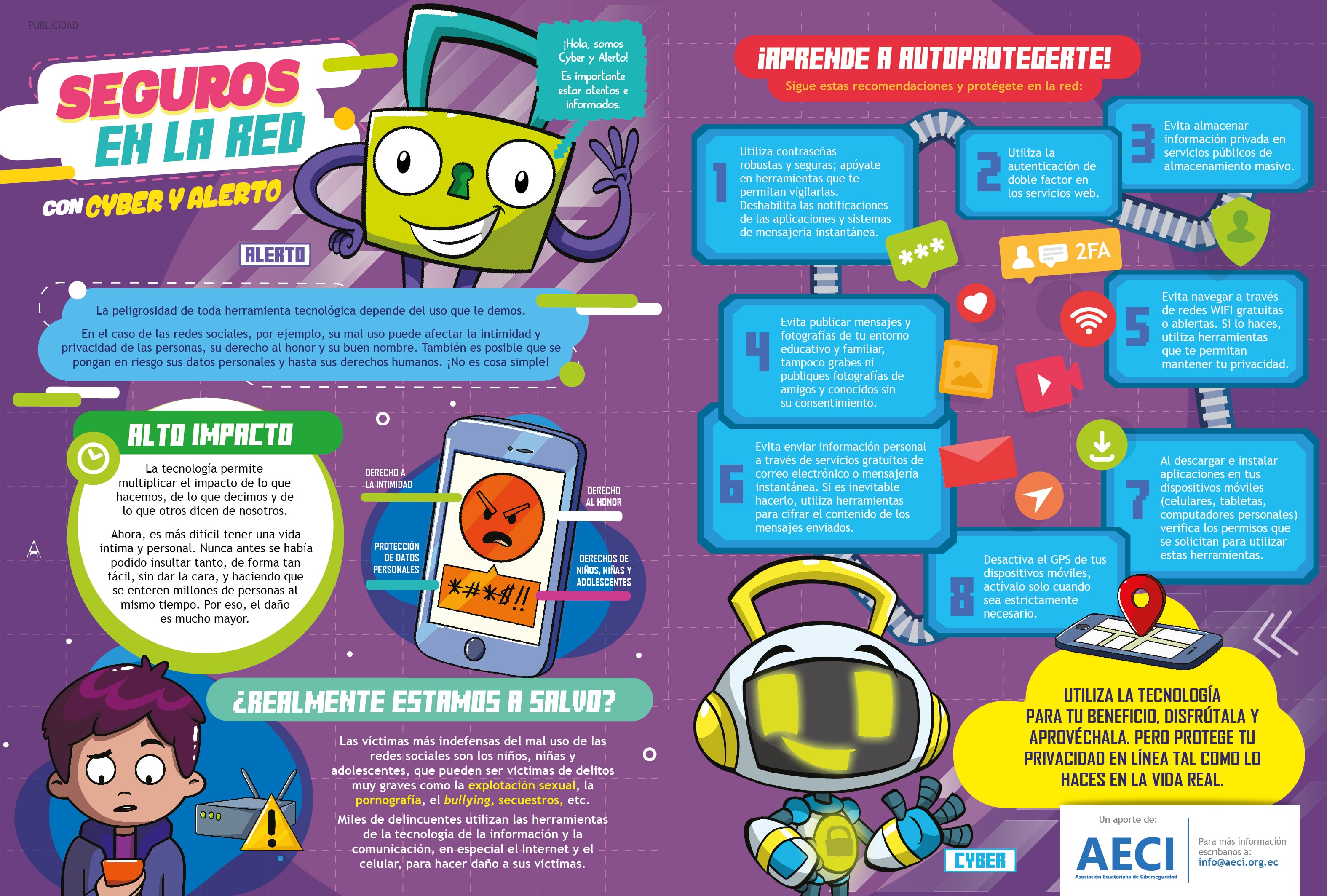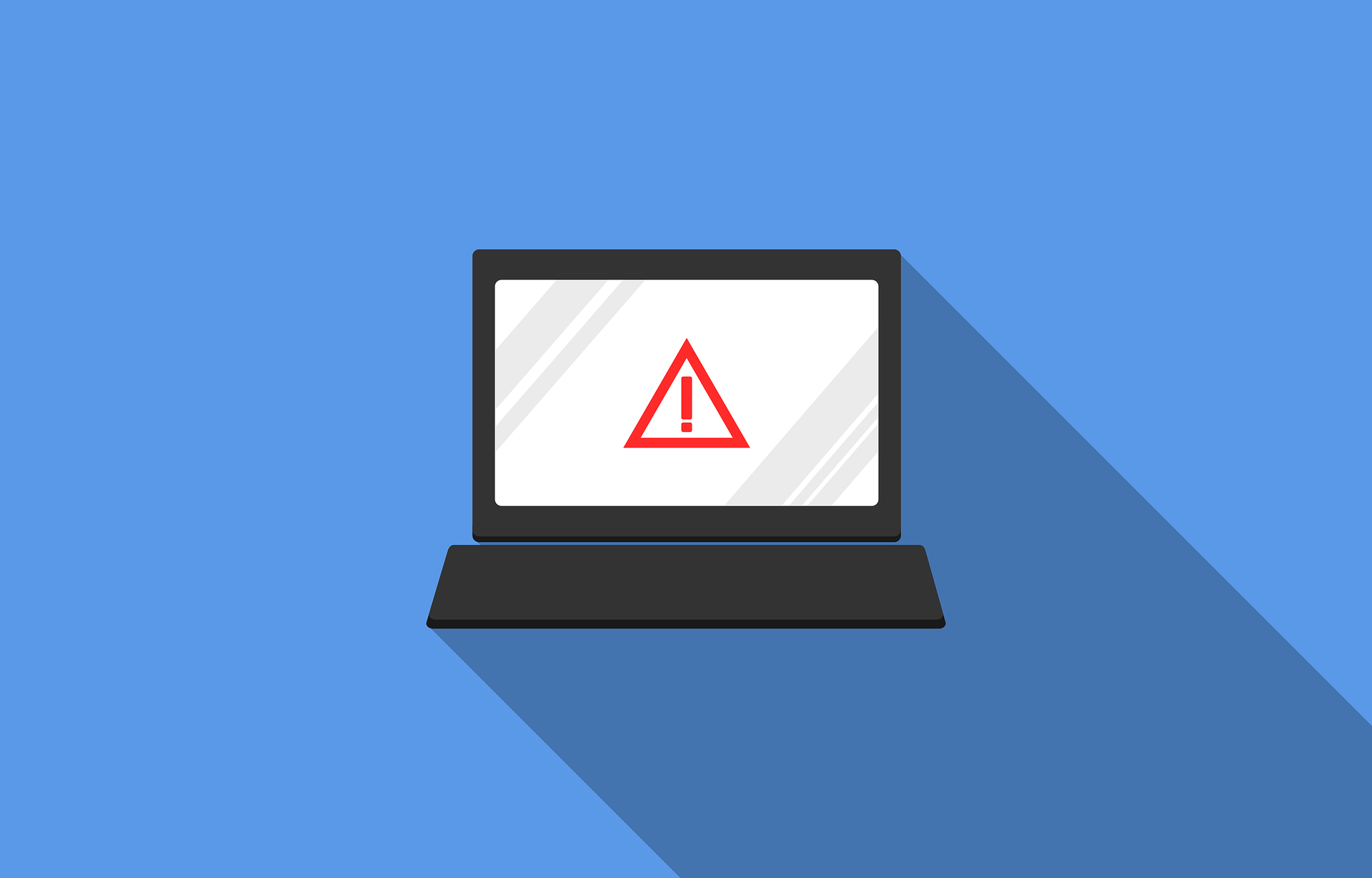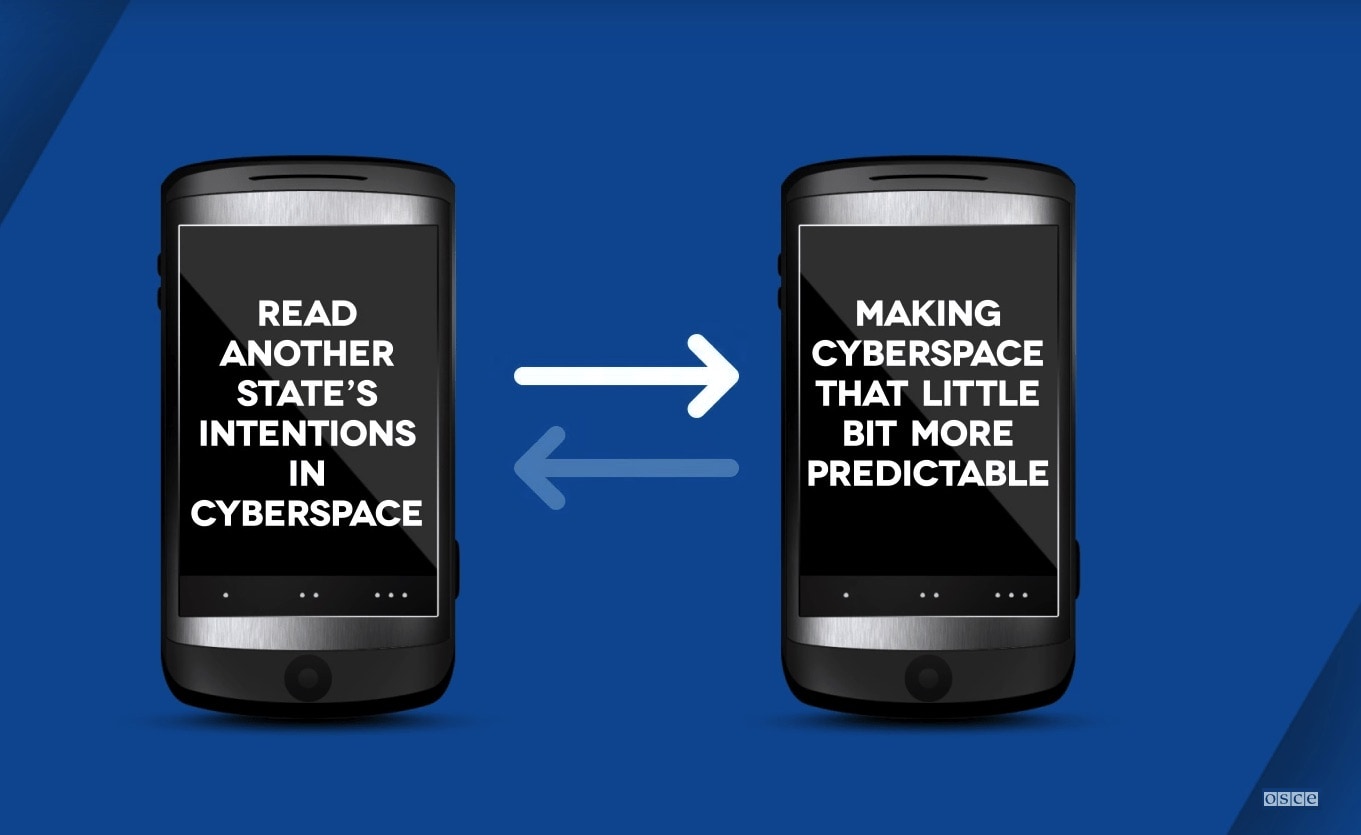ICT/OT supply chain integrity: Carnegie Endowment for International Peace presents government and corporations with recommendations
The Carnegie Endowment has released a report on ICT supply chain integrity authored by Ariel E. Levite. It calls for urgent action to arrest the current trends undermining trust in digital products and services and fracturing the global ICT supply chain.
Strengthening the security of digital products and services throughout their supply chain is a key principle of the Paris Call as malicious actors can threaten governments, industry and individuals by attacking the weakest point on the chain, with negative consequences in terms of geopolitics, espionage, trade, and consumer protection. Cooperative efforts are needed to restore confidence in the integrity of supply chains.
In particular, the new report underscores the importance of complimentary governmental and corporate actions to enhance the integrity of the ICT/OT supply chain through a combination of commission and omission, elaborating on practical obligations both should undertake toward that end. It sets up comprehensive objective criteria for qualification of Trustworthy Suppliers, and proposes mechanisms to verify compliance with the trustworthiness criteria and an incentive structure to reward those who assume and fulfill their commitments.
Read the Carnegie Endowment’s report
Charter of Trust: member companies strengthen cybersecurity along the entire supply chain of their products and services
The digital world is changing everything. Today, billions of devices are connected through the Internet of Things. While this creates great opportunities, it also harbors great risks. To make the digital world more secure, partners from industry have joined forces with the Charter of Trust.
The Charter of Trust is a unique initiative now gathering 16 leading global companies –with a cooperation that has reached significant milestones toward cybersecurity and has ambitious goals for the future. The Charter calls for binding rules and standards to build trust in cybersecurity and further advance digitalization.
After two years of work, members have achieved a lot, especially regarding the security of digital processes, products and services. In their businesses, they successfully strengthened cybersecurity along the entire supply chain and established “Security by Default” as a must-have product feature. The Charter of Trust provides its members with an aligned view on security along the digital supply chain and has defined 12 baseline cybersecurity supply chain requirements.
Members of the Charter of Trust are committed to build capacity on this important matter, as well as on other principles outlined in the Paris Call. They commit not only to providing advanced training for their workforce but also for business and society.They also continue to firmly anchor cybersecurity on the agenda at the highest political level –locally and globally.
Charter of Trust
Global Transparency Initiative: cybersecurity and anti-virus provider Kaspersky implements a unique approach for higher transparency and verifiable trust in cybersecurity
Users need to know that their data will be protected and that they can trust the security of the digital products and services they purchase – whether it is a smartphone, a laptop, a mobile application, or a cybersecurity solution. In order to earn their customers’ trust, companies need to constantly improve their transparency and accountability in the cyberspace.
Kaspersky’s Global Transparence Initiative (GTI) puts into effect a set of clear verification and risk-minimization measures to increase users’ confidence and ensure that cybersecurity solutions meet and exceed corporate data security and protection standards.
Measures implemented by Kaspersky range from data care (relocation of data processing and data storage to Switzerland for the utmost data protection and security) to verification (secure and reliable engineering practices confirmed through independent third-party assessment) and vulnerabilities management (responsible cooperation with security researchers through Kaspersky’s Bug Bounty Program with awards of up to $100k for the most critical security flaws).
The GTI also puts into place Transparency Centers, dedicated security facilities for greater confidence in and knowledge of cybersecurity products through Kaspersky’s specifically developed ‘three-layer’ approach to security briefings and external reviews of the company’s source code, software updates and threat detection rules.
Transparency Centers

